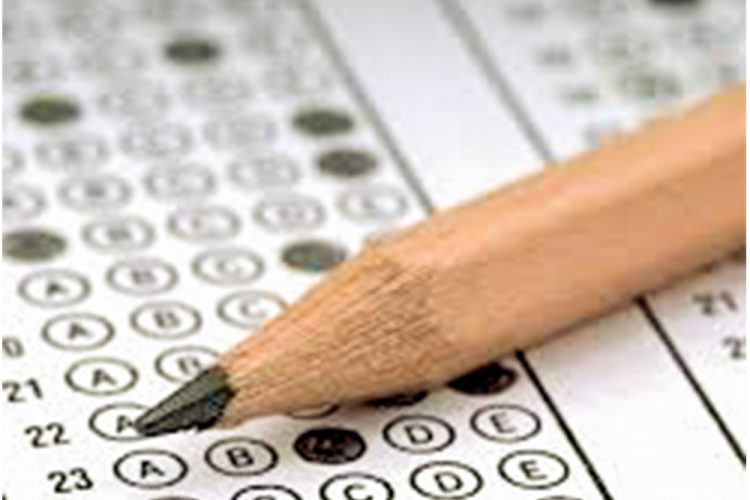Time to stop ranking CPEA results- and printing them

Simply put, it does more harm than good. Here is why.
Does anyone know why we still do it?
Would love to know because I can’t see any viable reasons for the practice. What I do see is that by continuing to do it we are teaching our children, most of them 10, 11, and 12 years old, that only excellence at taking standardized examinations is worth celebrating, while other forms of intelligence and skill are of little value.
On the heels of this, we are also teaching our children that life is conditional. That is, anything that is estimable must be earned and only after strenuous effort. When I was in primary school, there were three of us who often competed for top-dog status. I would never forget the look of absolute terror on the face of my friend when she dropped out of the top spot. We both knew that she would be flogged, what we did not know at that time, was the emotional and mental trauma she was experiencing in a home that was based on conditional acceptance.
We are also teaching our children an ideology of scarcity. That is, winning in life is a constrictive thing. What is missing from this perspective is the nuanced complex beauty of life, where the single mother can be more fulfilled than the wealthy capitalist, and where the cleaner leads a meaningful, love-soaked existence. End this archaic practice.
There Are No Practical Benefits.
Do teachers of the top 50 students get a bump in their salary? What about those who teach those that come in the top 10, surely they get a ‘lil sumting’ on their salary at the end of the school year. Ok, what about the top five, it has to be that each teacher of the top five students receives $500 on their salary. If not the teacher then the school. Do we give the schools of the top students a bigger budget? The reality is that there are no practical benefits for the teachers, schools, educational system, or the nation for ranking CPEA results.
It is a demotivator for the vast majority of students, parents and schools.
Ranking students do not increase a desire for learning in students, and though I do not have facts on this one, I assume it does not promote a love for learning within the majority of those students who do get into the top 10. What it probably does, is increase competition, unhealthy competition that encourages unwanted pathologies such as a fear of rejection, and a proclivity towards depression and anxiety.
What our educators should be focusing on is building within our students and future leaders a desire for lifelong learning, rather than a desire for achievement in test scores.
By doing so they would be increasing lifelong achievement but in a more holistic, sustainable way.
Ok, so what should we do?
Small, vulnerable economies like St Vincent and the Grenadines need to find ways to be creative in utilizing resources. The nation’s top resource is its human capital and the way they are educated goes a long way in maximizing this resource.
So, instead of a hell bent focus on getting through a curriculum and preparing students for taking standardized tests, let us focus on creating a learning environment that allows students to explore their strengths and participate in the process of learning. When students are expanding their strengths and engaging in their learning, they are more motivated, emotionally healthy, and thrive later in life.
What about secondary school placements? How do we determine that? Let students choose where they want to go based on their strengths, gifts, and other things. Yes it does sound a bit extreme, but it does not have to be done overnight, which would allow for the authorities to flatten the playing field and ensure each and every secondary school is equitably resourced. That way a parent does not have to worry about which school to send their children to, and instead focus on getting to know and appreciate the uniqueness of their child.
In twenty years’ time we would have done away with this self-defeating practice and wonder why we ever did it. But twenty years means twenty more years of emotional scaring, stigmatization, and demotivation.
End CPEA ranking.
Straughn Lewis











